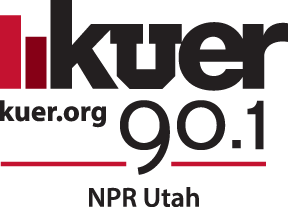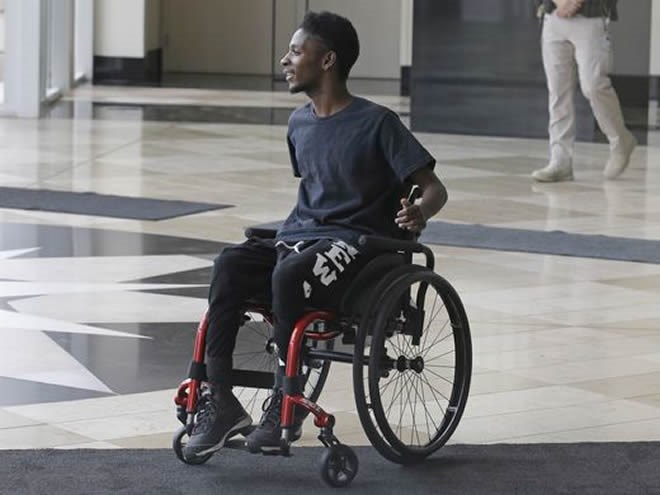
Friday, October 28, 2016
By JULIA RITCHEY

This Aug. 10, 2016, file photo Abdi Mohamed, a teenage Somali refugee who was critically wounded by police during a fight outside a homeless shelter, makes his first court appearance on robbery and drug charges, in Salt Lake City. Salt Lake City Police officers did not act within policy when they shot and critically wounded Mohamed, a 17-year-old Somali refugee, the department's Civilian Review Board said in a report released Friday, Sept. 2, 2016. Police were trying to protect a man that Mohamed had hit with a metal mop handle, but the Feb. 27 incident didn't appear critical when police used deadly force, the board said. Rick Bowmer, AP
The American Civil Liberties Union of Utah says it plans to continue its appeal to release body camera footage of a high profile police shooting earlier this year.
The ACLU made its initial request in May to release police body camera footage of a shooting of an 17-year-old Somali refugee. That request was denied.
Abdi Mohamed was shot four times by two Salt Lake City police officers in February. He survived his injuries and now uses a wheelchair.
The Salt Lake County records board this week rejected an appeal by the ACLU to release that video, which the District Attorney’s office has argued against.
John Mejia, legal director at ACLU Utah, says they’re disappointed in the decision but plan on appealing it — either to a state records board or district court.
“In some cases the police are very quick to release body camera footage, and in other cases they’re reluctant,” he says. “And what we’re looking for is sort of a generalized rule, that when there is a public interest in a record… that it should be released.”
Salt Lake District Attorney Sim Gill says he’s pleased with the board’s decision.
“It’s recognizing what I’ve been saying all along that there is nuanced complexity to this issue,” he says.
Gill says the footage will likely be introduced as evidence during Mohamed’s upcoming trial, at which point it will become part of the public domain.
“The issue isn’t that we should not release the body cam footage, but the issue really is at what stage of the proceedings should it be released given that it may implicate other interests?” says Gill.
Some states have begun introducing regulations on the use of police body cameras and their footage. A bill passed into law by the Utah legislature this year and signed by Gov. Herbert considers most of these videos as open records.